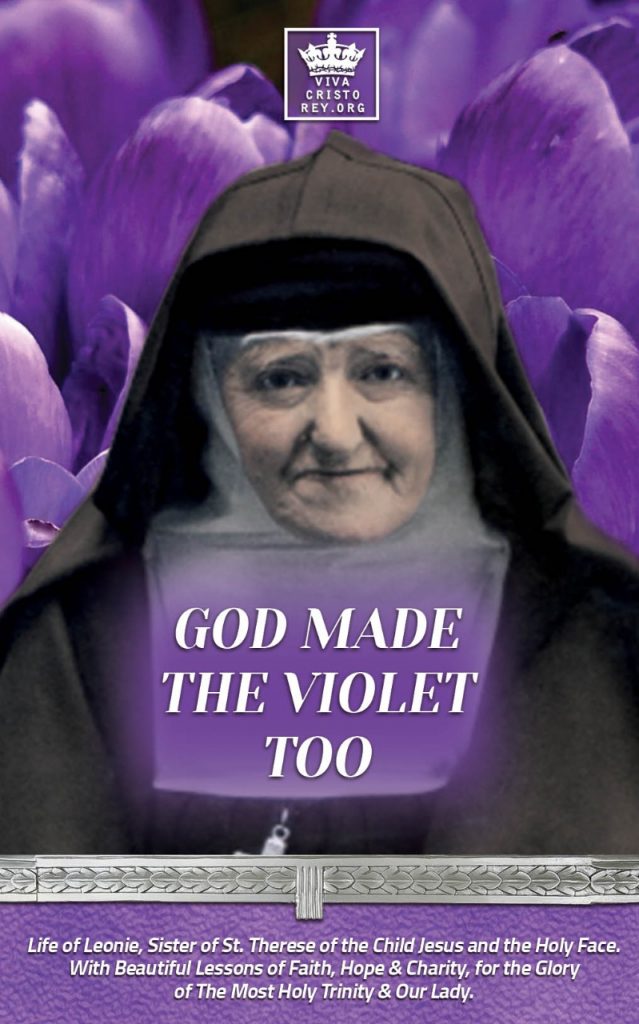There are three periods in the history of Moral Theology: the Patristic, the Medieval, and the Modern.
The Patristic Period (1st to 12th century)
The moral writings of the Fathers are popular, exhortatory, and occasional; and it is not till the Middle Ages that we meet with works of systematic Moral Theology. The following are among the most notable moral works of the Fathers:
- The Pædagoga of Clement of Alexandria (d. about 217), which explains what the everyday life of the Christian should be.
- The Catecheses of St. Cyril of Jerusalem (d. 386)
- The De Officiis Ministrorum of St. Ambrose (d. 397), a Christian counterpart of Cicero’s work De Officiis. The De Civitate Dei of St. Augustine (d. 430), which contrasts love of God and love of self
- The Expositio in Job seu Moralium libri XXV of St. Gregory the Great (d. 604), which consists of moral instructions based on the Book of Job.
Celebrated among the ascetical and mystical writings are:
- The Ladder of Paradise of St. John Climacus (6th century)
- The Conferences of Cassian (about 416)
- The Libri V de Consideratione of St. Bernard (d. 1153)
- St. Gregory the Great’s De Cura Pastorali is a systematic work of pastoral theology, and is regarded as a classic.
The Medieval Period (12th to 16th century)
The method of the moralists of this period differs from that of the Fathers in that the former is systematic and philosophical, and more proximately adapted to the use of confessors. The masterpiece of scientific Moral Theology is of course found in the Summa Theologica of St. Thomas Aquinas (d. 1274). Works of casuistry were composed by:
- St. Raymond of Pennafort (about 1235)
- John of Freiburg (d. 1314)
- John of Asti (about 1317)
- Angelus of Chiavasso (about 1476)
- Sylvester Prierias (d. 1523)
- The Summa Theologica of St. Antoninus of Florence (d. 1459) has been called an inexhaustible storehouse for manuals of casuistry.
Among the ascetical writers are:
- St. Bonaventure, the Seraphic Doctor (d. 1274)
- John Gerson (d. 1429)
- John Tauler (d. 1361)
- Bl. Henry Suso (d. 1366)
- Denis the Carthusian (d. 1471)
The Modern Period (16th century to the present)
Characteristics of this period are:
- The commentaries written on St. Thomas
- The controversies over the systems of conscience
- The appearance of numerous manuals and special treatises
- The attention given to changed conditions of society and ecclesiastical discipline.
Noteworthy among modern works are:
- The Commentary on St. Thomas by Cajetan (d. 1534)
- The writings of Bartholomew de Medina (d. 1581), called the father of moderate Probabilism.
- The De Pænitentia of Lugo (d. 1660), a handbook that combines speculative and casuistical theology.
- The Roman Catechism, which was issued by the authority of the Council of Trent in 1566.
- The Theologia Moralis of St. Alphonsus Liguori (d. 1787), a work whose authority is universally recognized.
- The celebrated treatise on the virtues by Lessius (d. 1623).
- The classic work of Suarez (d. 1617), De Religione.
- The Summa Casuum Conscientiæ of Toletus (d. 1596).
- The commentaries of Francis de Victoria (d. 1546), which are writings of extraordinary merit.
More recent works are so numerous that it is impossible to mention them here.
Among the many modern works on Moral Theology which have been published abroad, not a few are in the vernacular—in German, French, Italian, Spanish, etc. While they are not intended to replace the Latin text-books used in seminaries, these are nevertheless a very great help to a fuller knowledge of the matter treated and to a more ready use of it in the work of the ministry.
So far there has been a dearth of works on Moral Theology in English; and it is this want that has occasioned the present work, which aims at presenting Moral Theology, not only in its essentials, but even more in detail and with greater fullness than is done by most of the text-books commonly in use. And yet, while pursuing this larger and more comprehensive plan, the authors of this new work have tried to be as brief and compact as possible. It has been their endeavor especially to avoid digressions into other fields and to sum up pertinent matter in as clear and simple a manner as the subjects treated will permit.
To advance in your spiritual reform, kindly consider the profound meditations and pious lessons from the book:

TITLE: God Made the Violet Too, Life of Leonie, Sister of St. Therese of the Child Jesus and the Holy Face. With Beautiful Lessons of Faith, Hope & Charity, for the Glory of The Most Holy Trinity & Our Lady.
AUTHOR: Rev. Albert H. Dolan
EDITOR: Pablo Claret
Get it as a PAPERBACK:


See our catalogue of Catholic books and audiobooks:
https://vivacristorey.org/en/catalogue/